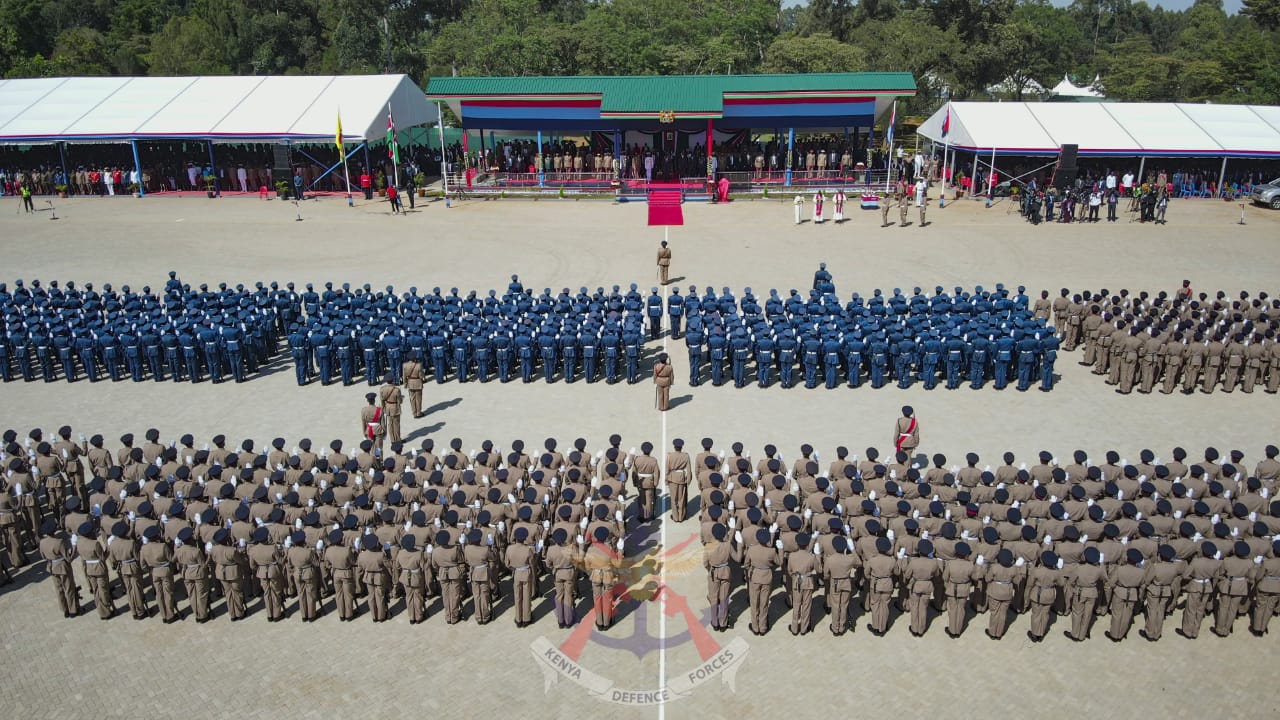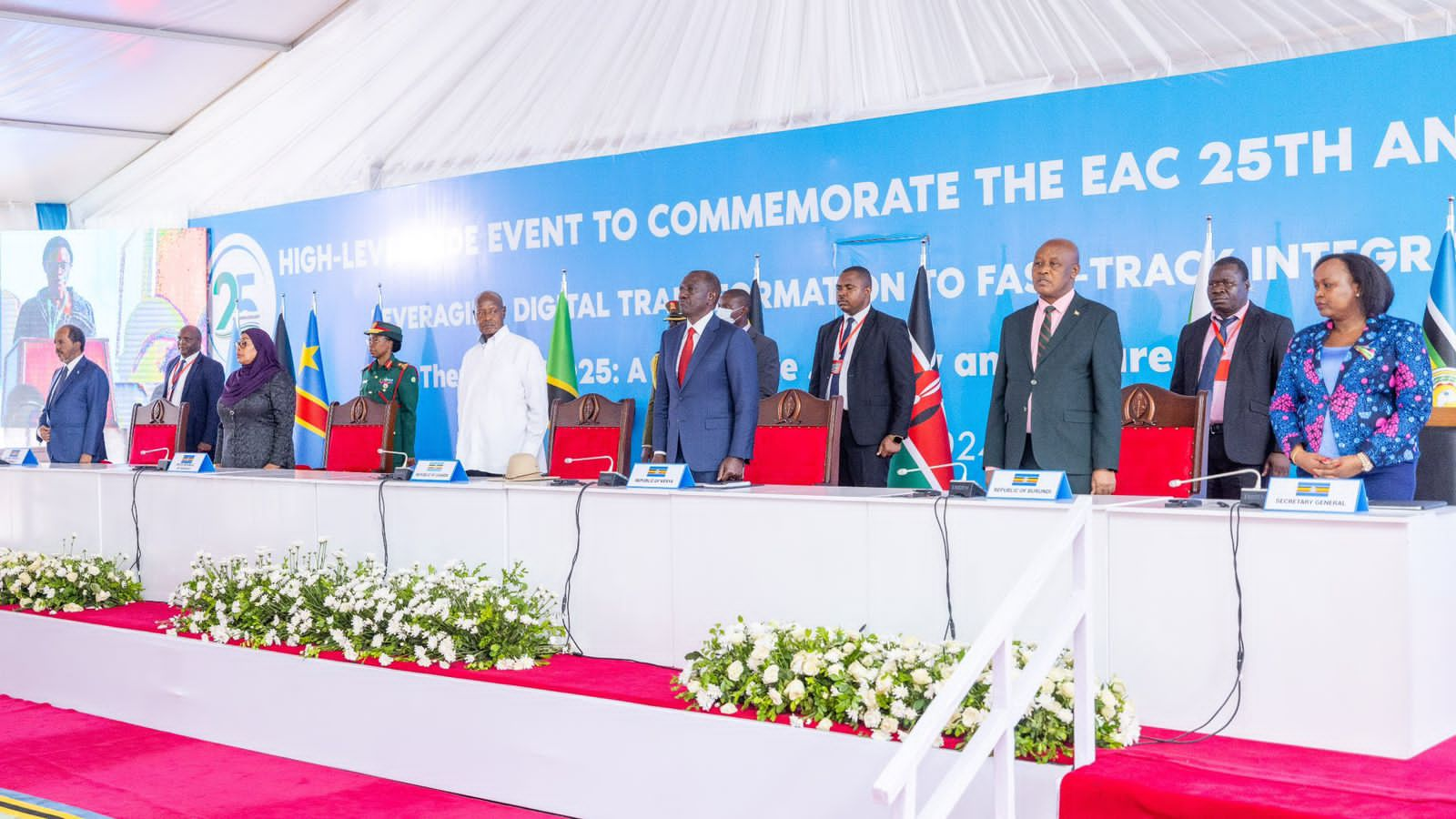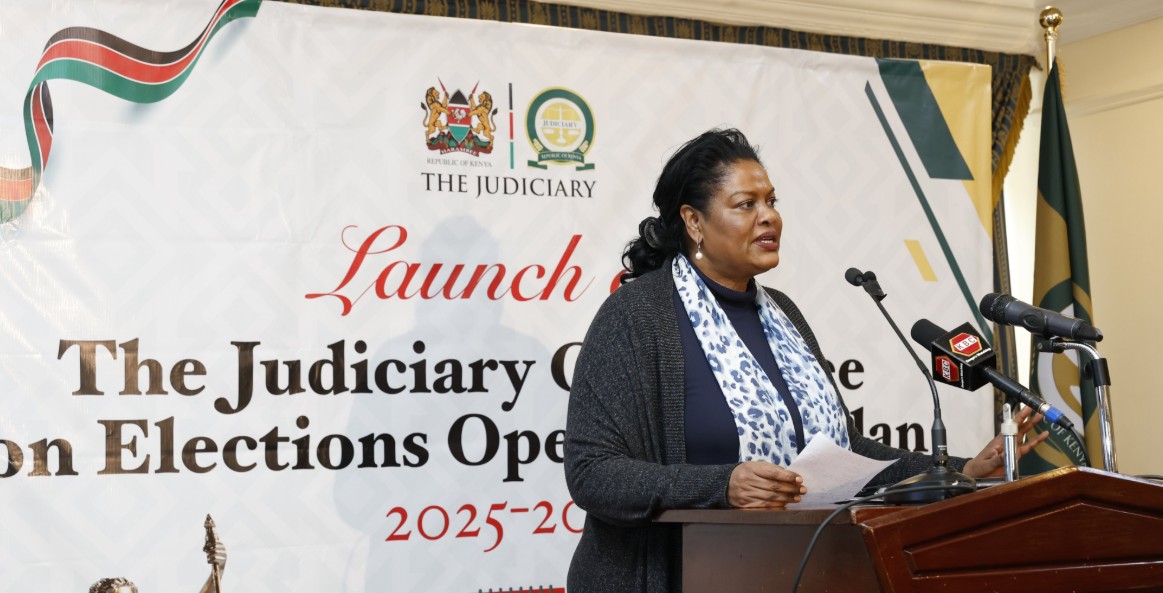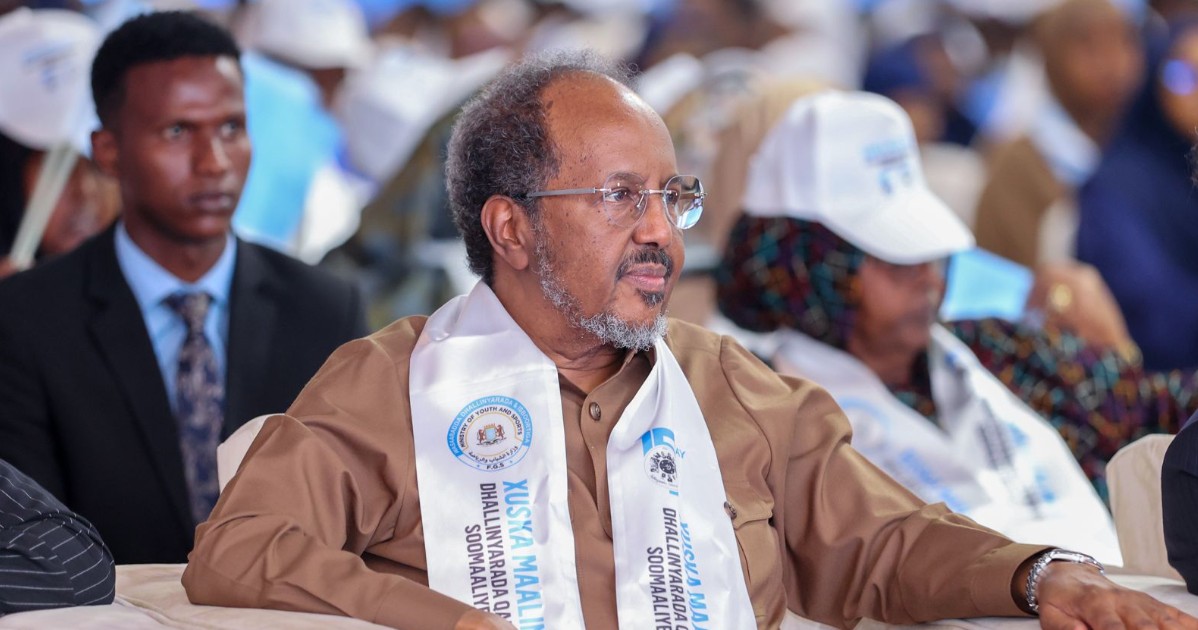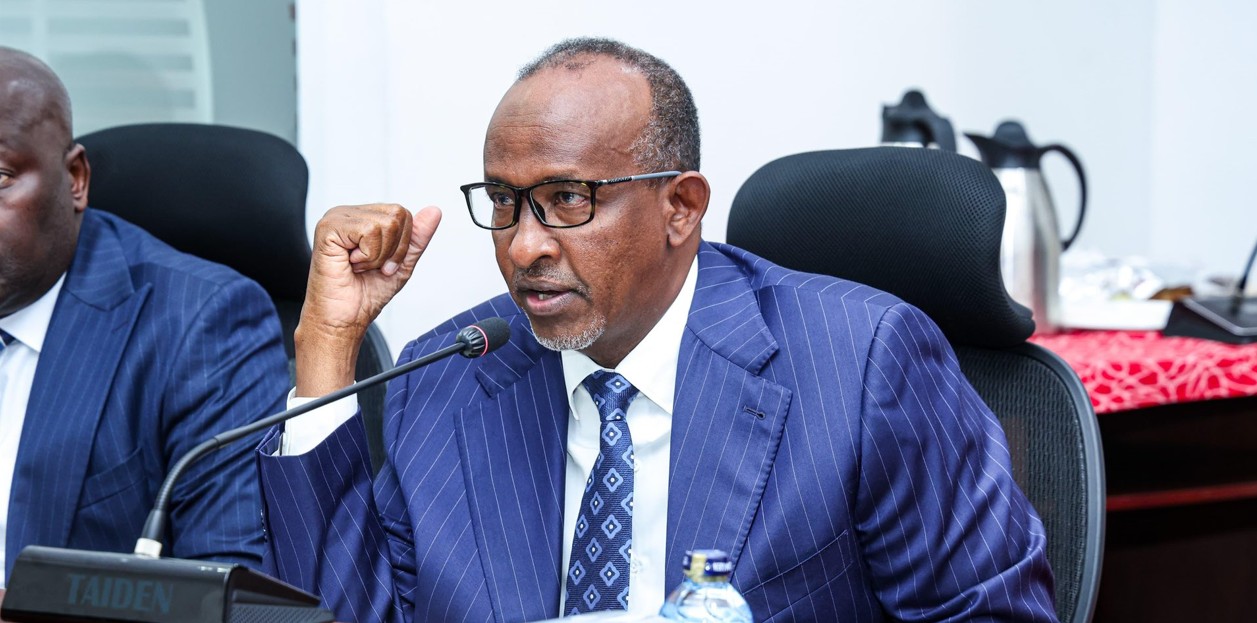Somalia rejects Ethiopia’s request to join naval exercise, cites sovereignty and legal concerns

Somalia’s Minister of Defence, Ahmed Moalim Fiqi confirmed that the government had issued a formal objection following Ethiopia’s approach during a recent meeting of East African foreign ministers held in Addis Ababa.
Somalia has rejected Ethiopia’s request to take part in a planned multinational naval exercise in Somalia’s territorial waters, citing violations of international maritime law and the country’s sovereign rights.
The announcement was made by Somalia’s Minister of Defence, Ahmed Moalim Fiqi, who confirmed that the government had issued a formal objection following Ethiopia’s approach during a recent meeting of East African foreign ministers held in Addis Ababa.
More To Read
- Turkey to deliver T129 Atak helicopters to Somalia under defence pact
- Ethiopia secures African Union Peace and Security Council seat amid regional tensions
- Somalia, Turkey deepen strategic partnership with political, defense deals
- Somalia wants Ethiopia included in new African Union mission despite troop quota challenges
- Somalia's opposition says pacts with Ethiopian, other countries signed without parliament’s approval
- Ethiopia and Somalia restore full diplomatic, trade ties
“We cannot allow a landlocked nation to operate in our waters. Somalia maintains full sovereignty over its land, sea, and airspace. Any unauthorised involvement by Ethiopia in maritime drills violates international maritime law and our national regulations,” Ahmed said.
The disagreement emerged after Ethiopia submitted a proposal to deploy naval personnel as part of the African Union-led peacekeeping mission known as AUSSOM.
This proposal was made during the Eastern Africa Standby Force (EASF) summit held in Mogadishu. Somali officials interpreted the request as an extension of Ethiopia’s broader attempt to gain a presence in regional waters.
These concerns have grown since Ethiopia signed a controversial memorandum of understanding with Somaliland earlier this year.
Ahmed emphasised that Ethiopia’s landlocked status does not provide any legal basis for participating in another nation’s maritime operations without formal consent.
“There is no precedent or legal framework that allows this kind of involvement,” he said.
The refusal comes in the wake of heightened tensions between the two countries.
On January 1, 2024, Ethiopia signed a memorandum of understanding with the breakaway region of Somaliland. The agreement granted Ethiopia access to a 20-kilometre stretch of coastline near Berbera for the establishment of a naval facility. In return, Ethiopia indicated it might recognize Somaliland’s independence.
The Somali government responded by declaring the agreement a violation of Somalia’s territorial integrity.
It recalled its ambassador from Addis Ababa and expelled Ethiopia’s ambassador from Mogadishu.
The Somali Parliament subsequently annulled the memorandum, while President Hassan Sheikh Mohamud referred to it as “an act of aggression.”
Although Ethiopia has lacked a coastline since Eritrea gained independence in 1993, it has continued to pursue maritime access through bilateral arrangements with coastal states such as Djibouti, Sudan, and Somaliland.
Somali officials have repeatedly voiced opposition to these efforts, accusing Ethiopia of disregarding Somalia’s territorial claims and undermining established international rules.
Top Stories Today

